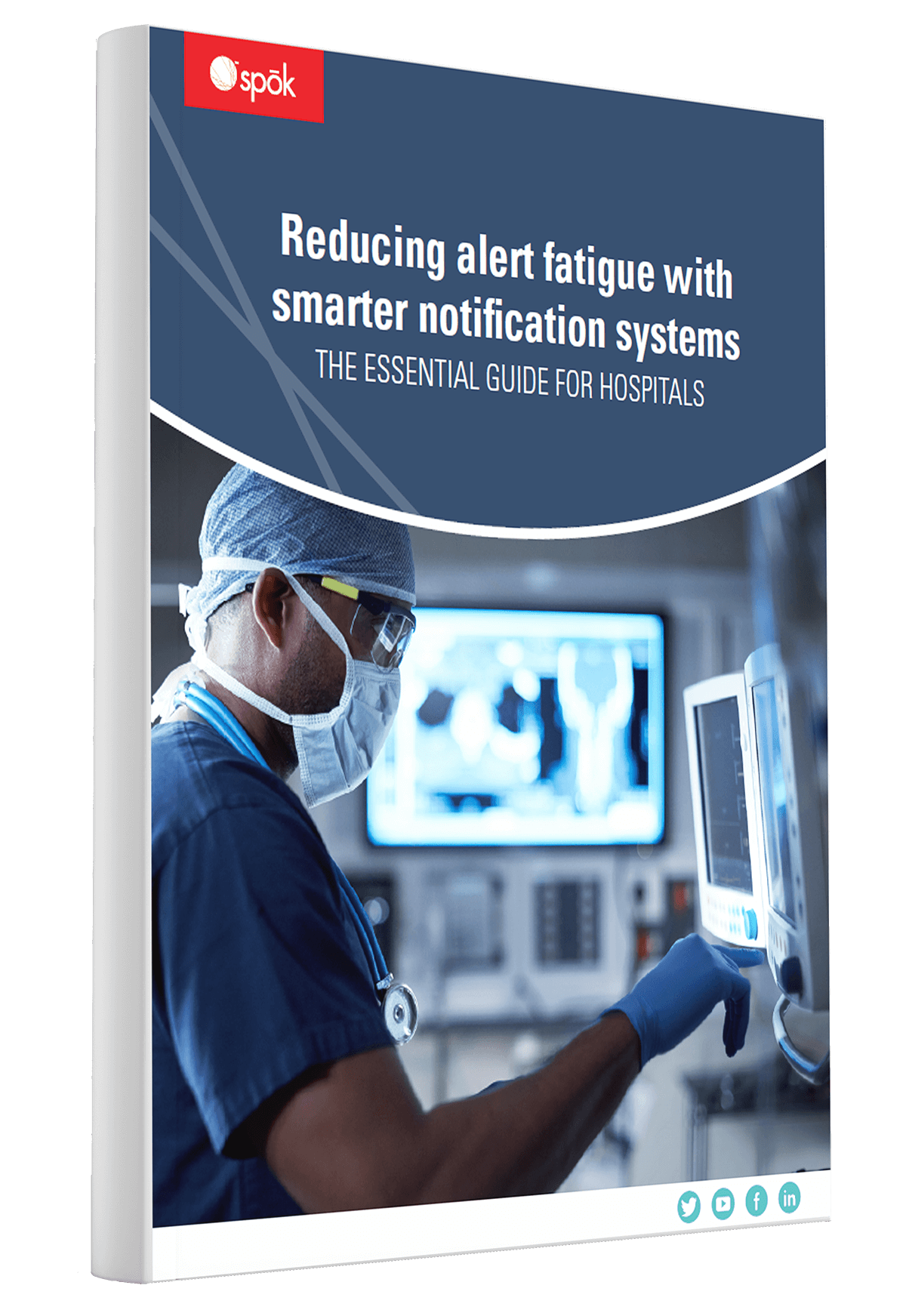In a recent study of more than 1,200 clinicians, 87% said alerts for non-actionable, irrelevant issues “occur frequently,” a jump of more than 10% in five years. Left unaddressed, alert fatigue decreases patient safety and increases provider burnout.
In this eBook, you’ll learn ways to reduce alert fatigue, including:

Conduct an alarm assessment on each unit

Clean and monitor equipment

Tailor alerts to patient characteristics


